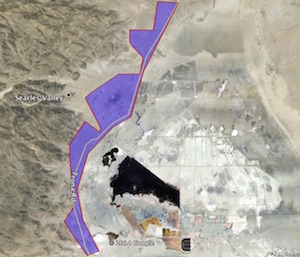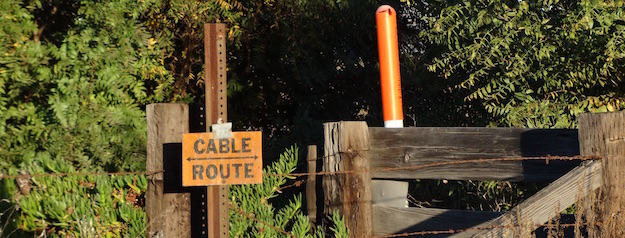Big buck proposal for California broadband aims for wide appeal

More money to build broadband infrastructure in California is back on the table, along with even more money for other broadband-related initiatives. Assembly bill 1758 was introduced at the state capitol by assemblyman Mark Stone (D – Santa Cruz) this week. It’s a new and improved and greatly enlarged version of last year’s effort to put more money in the California Advanced Services Fund, and raise the minimum broadband standards it supports.
AB 1758 would more than double the size of the fund, raising it from its current maximum of $315 million to an eventual $665 million.… More

![By JohnHStover (Own work) [CC BY-SA 3.0 (https://creativecommons.org/licenses/by-sa/3.0)], via Wikimedia Commons](https://www.tellusventure.com/images/2016/2/skid_row.jpg)
![Daniel Mayer [CC BY-SA 3.0 (https://creativecommons.org/licenses/by-sa/3.0) or GFDL (https://www.gnu.org/copyleft/fdl.html)], via Wikimedia Commons](https://www.tellusventure.com/images/2016/1/lee_vining.jpg)
![By Mel from Socal, USA (victorville sky) [CC BY-SA 2.0 (https://creativecommons.org/licenses/by-sa/2.0)], via Wikimedia Commons](https://www.tellusventure.com/images/2016/1/victorville_california.jpg)


![By Wknight94 (Own work) [GFDL (https://www.gnu.org/copyleft/fdl.html) or CC BY-SA 3.0 (https://creativecommons.org/licenses/by-sa/3.0)], via Wikimedia Commons](https://www.tellusventure.com/images/2016/1/chopped.jpg)

![By This vector image was created with Inkscape by Anynobody, composing work: Mabdul. (Own work using Bsahead.svg: and No sign.svg:) [CC BY-SA 3.0 (https://creativecommons.org/licenses/by-sa/3.0) or GFDL (https://www.gnu.org/copyleft/fdl.html)], via Wikimedia Commons](https://www.tellusventure.com/images/2016/1/no_bs.png)
